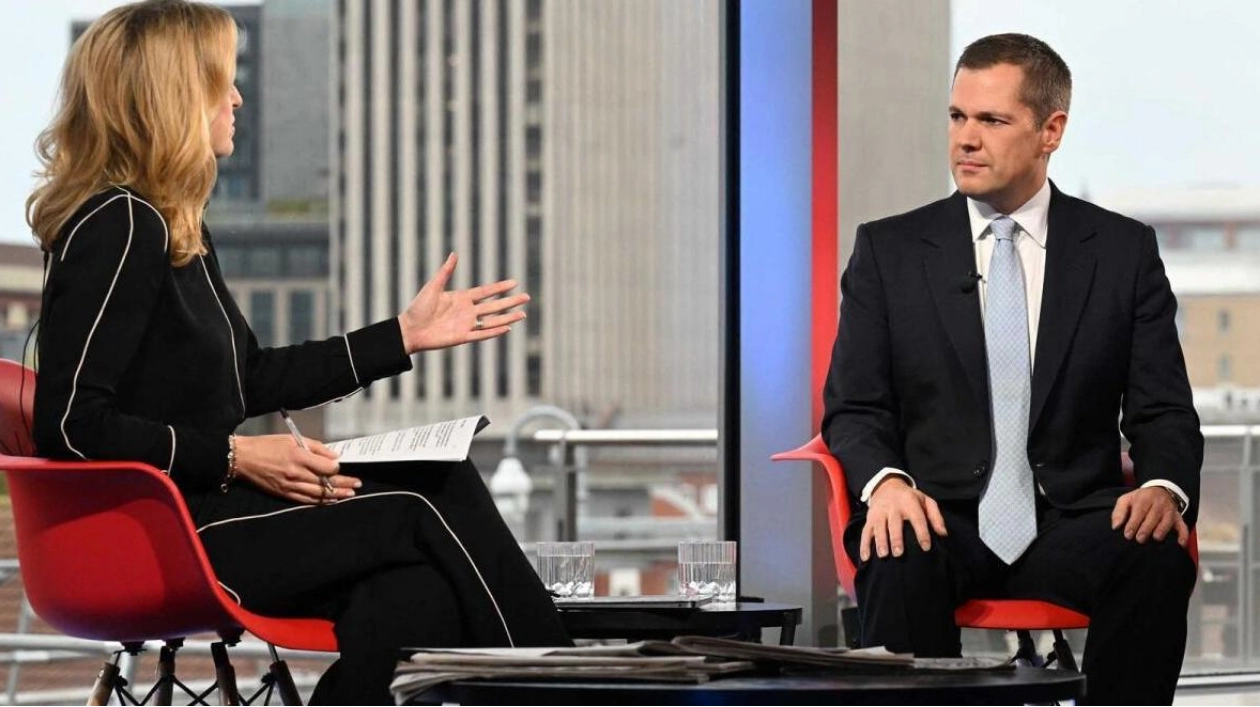Four contenders remain in the race to lead the Conservatives, a contest that will determine the future trajectory of Britain's once-dominant party. The battle to succeed former Prime Minister Rishi Sunak will conclude on November 2, after Conservative members cast their votes for a new leader tasked with reviving the fortunes of a party severely weakened by Labour in the July election.
Below are the key policies of the four remaining candidates:
Robert Jenrick
Jenrick, who resigned as an immigration minister under Sunak, gained prominence by criticizing the 'fatally flawed' Rwanda plan to relocate asylum seekers. At 42, he has shifted from a centrist stance to a more right-wing position, advocating for a cap on legal migration and the swift removal of illegal entrants to safe third countries like Rwanda. He also supports Britain's withdrawal from the European Convention of Human Rights to address migration issues.
Kemi Badenoch
Badenoch, a 44-year-old former trade minister, has positioned herself as a vocal advocate for the party's right wing and younger lawmakers. Promising a fresh approach, she emphasizes personal responsibility, citizenship, equality under the law, family, and truth. Drawing from her Nigerian upbringing, she pledges to 'rebuild the party, rewire the state, reboot the economy, revive our country, and make it go places'.
James Cleverly
Cleverly, a former interior and foreign minister, touts himself as the Conservatives' 'best communicator', capable of uniting the party's right and moderate wings. He plans to revive the previous government's Rwanda asylum plan and increase defense spending to three percent of GDP.
Tom Tugendhat
Tugendhat, a 51-year-old former soldier, presents himself as a steady hand, untainted by recent scandals. His campaign focuses on reconnecting the UK, strengthening foreign policy, tackling migration, and reforming public services. He advocates for defense spending at three percent of GDP and a net migration cap of 100,000 people annually.






